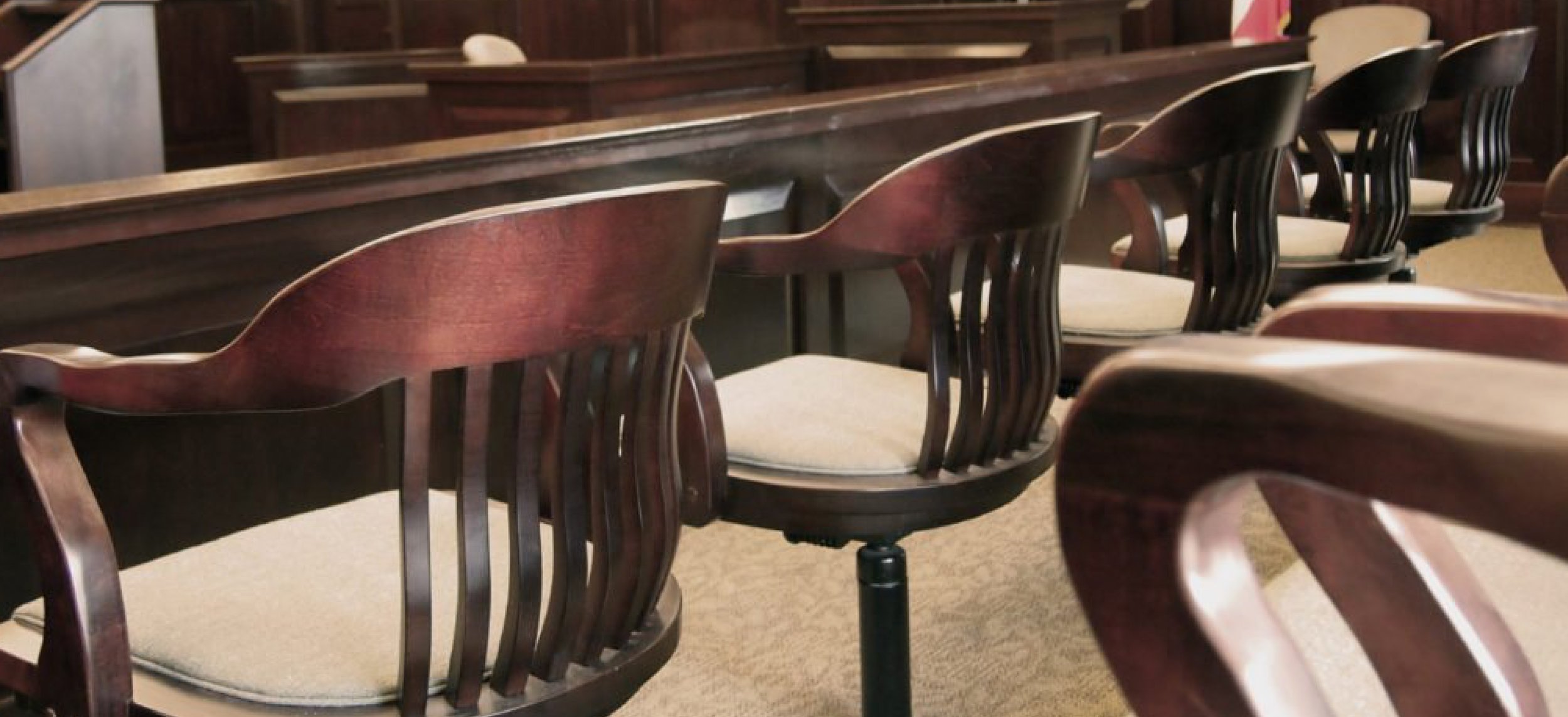
CRIMINAL & MISDEMEANOR DEFENSE
Mississippi and Tennessee criminal/misdemeanor defense attorney. Defending clients facing criminal charges and other violations of the law.
If you or a family member has never been arrested, encountering the justice system as a defendant in Mississippi and Tennessee can be frightening and confusing. Depending on the severity of your charges, you may be facing consequences such as jail time, curtailment of privileges such as driving, or academic suspension or expulsion.
Hiring a lawyer with criminal and misdemeanor defense experience as early in the arrest and court process as possible can accelerate the construction of a case that defends your due process rights. We will closely examine the prosecution’s case and look for opportunities to provide an optimal outcome for you, such as dropped charges, an acquittal, a plea agreement or a reduced sentence.
Our experience includes representing clients on misdemeanor and criminal charges including:
Minor in Possession of Alchohol
Public Intoxication/ Public Drunk
Fake ID/ False ID
Juvenile Crimes and Youth Court
Expungement
Vandalism
Trespassing
Burglary
Probation Violation
Simple Possession and Paraphernalia
Drug Crimes
Drug Possession/Drug Paraphernalia
Possession of marijuana
F.A.Q.
As part of our representation, we will explain each phase of the court process so that you can be fully aware of how your case is moving forward.
-
When you are arrested, the officers will take you to the police station or detention center, where you will be booked. This includes taking your fingerprints, taking a mugshot, and completing other paperwork. You will be held in the police custody generally up to 48 hours, pending a hearing.
When you are in custody, you have the right to speak to an attorney. You also have the right to refuse to answer questions from the police at any point (even prior to the arrest) without your attorney present. A hearing will be held to determine whether you can be released and what, if any, bond will be.
-
After an arrest, the judge will set the amount of bail and terms necessary to obtain release from jail. The judge may set bail under one of the following options:
• Release on Own Recognizance: You are released from jail after signing a document saying you promise to return to court and follow any terms the Court has issued.
• Personal Bond: You are released after signing a bond that states you are liable for criminal and civil penalties if you do not return to court.
• Bail Set with Terms of Release: You are released by posting bail as set by the Court.
• Denial of Bail: If you are considered a flight risk or a risk to society, you may not be released or granted a bail/bond.
-
Compared to a felony, a misdemeanor is a lesser offense. The maximum punishment for a misdemeanor is a year in jail and a $1,000 fine. Should you have to serve jail time, it would be in a city or county jail, not in the state penitentiary.
With a felony conviction, you lose constitutional rights including your right to vote and to carry a gun, as well as the ability to hold some professional licenses. With a misdemeanor conviction, you will keep those rights. It may also be possible to expunge a misdemeanor charge from your record, which is not the case with felony convictions.
-
If you want to prevent a misdemeanor crime from having a negative impact on your life, your best move is to hire a lawyer to defend you. Having even misdemeanor criminal charges on your record can follow you in ways you may not expect. In addition, court systems and processes can be confusing and opaque; it can be difficult to understand what’s happening without a lawyer by your side to protect your rights.
A criminal defense lawyer will analyze your case to find the best possible defense. He or she will explain the offenses you are being charged with and the elements of the law prosecutors would have to prove in order to convict you. Then your lawyer will be your advocate through all court proceedings, working to resolve your case with the best possible outcome for you.
-
Whatever legal matter you are facing, there is much at stake in whom you choose to have as your attorney. You should always meet with a lawyer before making a final choice about hiring him or her. When you meet, consider whether the attorney is someone you can trust and feel confident in. It should be someone with whom you feel comfortable discussing very private matters about your case.
Consider, too, whether the attorney appears confident — the way you would want someone to represent you in court. The attorney should have knowledge about the offenses you are charged with and seem eager to fight on your behalf.
-
Your first court appearance is often the arraignment where you will enter a plea to the charges against you. You will go before the judge, who will read the criminal complaint you are facing and will ask you to enter a plea. If there is no probable cause for the arrest, it is possible the charges will be dropped against you at this hearing.
The next phase is the trial process. If you retain a criminal defense attorney or are appointed a public defender, your attorney will be present with you.
-
The arraignment is the first phase of the criminal procedure. You will appear in court before the judge, who will formally read the copy of the criminal complaint filed against you. The complaint details the criminal charges you are alleged to have committed.
You will then be asked if you have a criminal defense attorney or elect to have a public defender appointed. Usually, the next court date is also set. If you are facing a misdemeanor charge, your attorney can appear before the court on your behalf.
-
The case progresses through a series of hearings — to hear motions and to resolve other pre-trial issues, and possibly to enter a plea bargain. Your attorney may file motions to suppress evidence from coming into the proceedings and being used against you, such as evidence obtained through an illegal search, or improper interrogation by the police.
A Motion in Limine can be held, in which the Court will make a ruling on the admissibility or inadmissibility of evidence (for example, to suppress any prior bad acts by the defendant from being used against him or her in the current trial). A Motion to Quash can be filed, challenging the probable cause of the criminal charges. A Motion to Dismiss can be filed, asking the Court to dismiss the charges for failure to meet the elements of law necessary for conviction. A Motion for Change in Venue can also be addressed, asking the Court to change the jurisdiction of the Court for various reasons.
-
Absolutely. Criminal defense attorneys have experience negotiating plea agreements and will negotiate on your behalf. The prosecutor is the state’s attorney; he or she is not working for you and does not offer plea agreements just to help you.
Your attorney will guide you through the process of plea bargaining and advise you about the best time to accept a plea agreement. In many cases, it is better not to accept a plea bargain early in the criminal-justice process. By holding off on a plea agreement until there has been enough time to review the evidence, analyze the facts, gather witness statements and review the police report, your attorney may uncover potential defenses that will give you a better advantage in plea bargaining.
HIRING A MISDEMEANOR DEFENSE LAWYER
Hiring a lawyer with misdemeanor and criminal defense experience as early in the arrest and court process as possible can accelerate the construction of a case that defends your due process rights.
We will closely examine the prosecution’s case and look for opportunities to provide an optimal outcome for you, such as dropped charges, an acquittal, a plea agreement or a reduced sentence.

CLIENT TESTIMONIALS

DEFEND YOUR RIGHTS
Hire an attorney to fight potential consequences that could affect your life.





